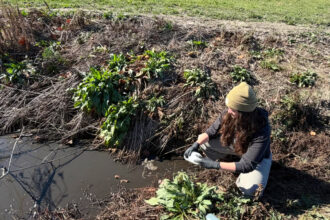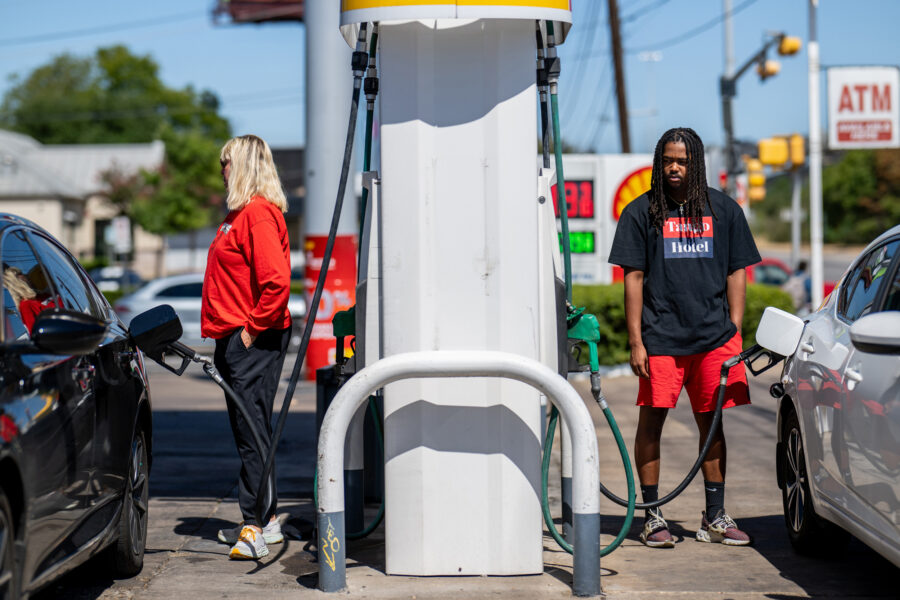This Week on SolveClimate, we continued our coverage of the American Clean Energy and Security Act as it wends its way through the U.S. House of Representatives. Co-sponsor Rep. Henry Waxman called on environmental groups to support the ACES bill as is and forecast that the bill would hit the House floor in just two weeks.
An analysis by the non-partisan Congressional Budget Office killed the myth that the legislation would be too costly. Big Ag wants a big payoff via the bill and is putting its congressmen to work arguing for major changes in biofuels rules. Twenty environmental groups urged House Speaker Nancy Pelosi to strengthen the bill’s weak renewable energy standard. In related news, two proposals for a federal green bank are being considered by Congress.
The UN climate talks in Bonn, Germany, closed on Friday with concerns over snail-like progress. On financing for poorer nations, the negotiations produced ideas but no agreements. Worst of all, it appears China is not willing to commit to any reductions of its global warming emissions, while the U.S. is backing away from this request altogether.
In other news, President Obama’s mountaintop mining plan got a thumbs down from advocates: It’s a start, they say, but it doesn’t go far enough to protect Appalachia. A U.S. Supreme Court ruling offered insight into how justice in America is being bought and sold by Big Coal. And speaking of lawsuits, Shell settled a nearly 14-year-old human rights legal battle in Nigeria for $15.5 million, just as the case involving the executions of protesters was scheduled to be heard in U.S. District Court.
Obama announced plans to prune the nation’s ocean energy budget, while Britain is pushing to corner the fledgling sector. Chinese solar giant Trina moved to extend its reach in the U.S. PV market.
We featured new technologies that are helping homes and office buildings zero in on wasted energy, examined how a proposal by Rep. Collin Peterson would open up America’s forests for biomass production, and learned that industrial activities are sending pollutants to the Arctic, where some indigenous populations have levels of pollutants in their blood that are 10 times higher than the residents of U.S. cities.
Plus, sugarcane may not be the miracle biofuel it’s made out to be.
Finally, we divulged a way to cut your carbon footprint by 70 percent – move to an urban environment.
About This Story
Perhaps you noticed: This story, like all the news we publish, is free to read. That’s because Inside Climate News is a 501c3 nonprofit organization. We do not charge a subscription fee, lock our news behind a paywall, or clutter our website with ads. We make our news on climate and the environment freely available to you and anyone who wants it.
That’s not all. We also share our news for free with scores of other media organizations around the country. Many of them can’t afford to do environmental journalism of their own. We’ve built bureaus from coast to coast to report local stories, collaborate with local newsrooms and co-publish articles so that this vital work is shared as widely as possible.
Two of us launched ICN in 2007. Six years later we earned a Pulitzer Prize for National Reporting, and now we run the oldest and largest dedicated climate newsroom in the nation. We tell the story in all its complexity. We hold polluters accountable. We expose environmental injustice. We debunk misinformation. We scrutinize solutions and inspire action.
Donations from readers like you fund every aspect of what we do. If you don’t already, will you support our ongoing work, our reporting on the biggest crisis facing our planet, and help us reach even more readers in more places?
Please take a moment to make a tax-deductible donation. Every one of them makes a difference.
Thank you,












